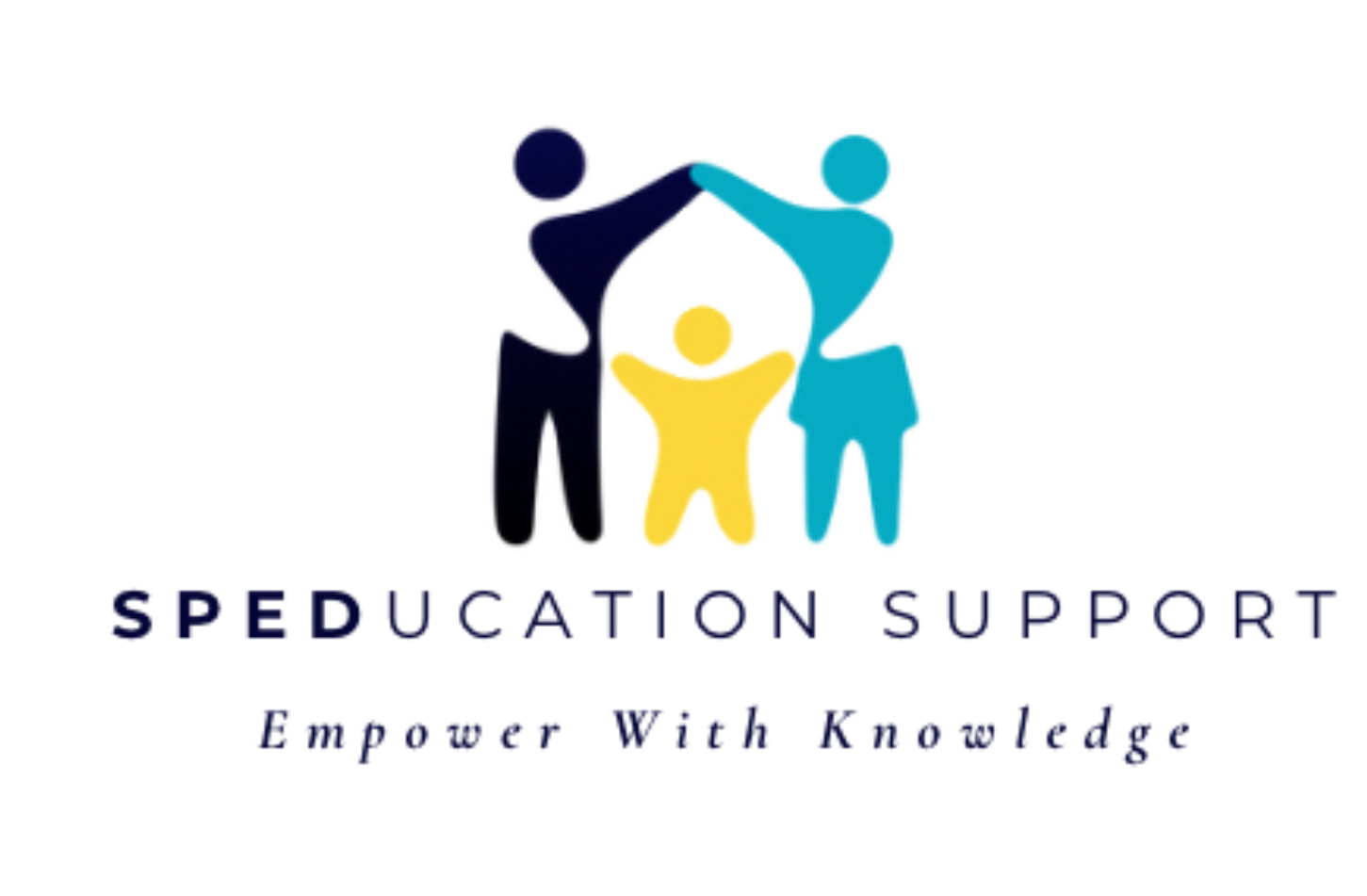The Crucial Role of Parental Involvement in Special Education
- Lynse Schmidt
- Jul 1
- 2 min read
By Lynse Schmidt, M.A., Ed.S., Founder & Special Education Consultant at SPEDucation Support

Parental involvement in special education plays a powerful role in shaping a child’s success. When families actively participate in the special education process, especially during IEP meetings and decision-making, they help create meaningful, personalized supports for their children. Whether you’re just beginning your journey or already familiar with the system, your presence, insight, and advocacy matter.
At SPEDucation Support, we help parents understand their rights, build confidence in the IEP process, and take an active role in supporting their child’s growth.
1. You Know Your Child Best
As a parent, you bring unique knowledge about your child’s strengths, challenges, and learning style. That’s why parent input in the IEP process is so critical. When schools collaborate with parents during IEP development, it leads to more personalized supports that reflect your child’s real-world needs.
2. You Are Their Strongest Advocate
Parent advocacy in special education ensures your child gets the services and accommodations they need to thrive. Attending IEP meetings, asking questions, and staying informed about your child’s rights gives you a powerful voice at the table.
3. You Help Create Consistency
Creating consistency between home and school benefits students with disabilities. When strategies and expectations align, children feel more secure and confident, resulting in improved academic and social outcomes.
4. You Build a Support Network
Parents navigating special education often find comfort in connecting with others on the same path. By engaging with teachers, service providers, and other families, you can share ideas, gain emotional support, and feel less alone in the journey.
5. You Promote Accountability
Parental involvement encourages transparency and follow-through in special education services. Regular communication and active monitoring help ensure your child’s IEP is appropriately implemented and adjusted as needed.
6. You Empower Your Child
When children see their parents engaged in their education, it boosts their self-esteem and sense of worth. Your support teaches them how to self-advocate and builds the foundation for lifelong confidence and independence.
How Parents Can Get Involved in Special Education:
Attend IEP Meetings: Your insight is essential in shaping meaningful goals and accommodations.
Keep Communication Open: Build ongoing relationships with educators and specialists.
Learn Your Rights: Understanding IDEA, Section 504, and how to support a child with an IEP helps you advocate effectively.
Volunteer When You Can: Stay connected to the school community and observe your child’s environment.
Monitor Progress Together: Stay informed about your child’s progress and celebrate small wins along the way.
Final Thoughts
When parents and schools work as partners, children with disabilities can thrive. Your involvement brings consistency, insight, and heart to your child’s educational journey.
SPEDucation Support offers personalized special education support for parents, including 1:1 consultations, webinars, resources, and parent support groups. If you’re navigating the IEP process or need help understanding your child’s educational rights, we’re here for you.
Book your FREE consultation today and gain the tools to become a confident and empowered advocate.
Because in special education, knowledge is power, and you’re not alone.
Follow us at:
Facebook: @SPEDucationsupport
Instagram: speducation_support
YouTube: @SPEDucationSupport
Website: www.speducationsupport.com




Comments